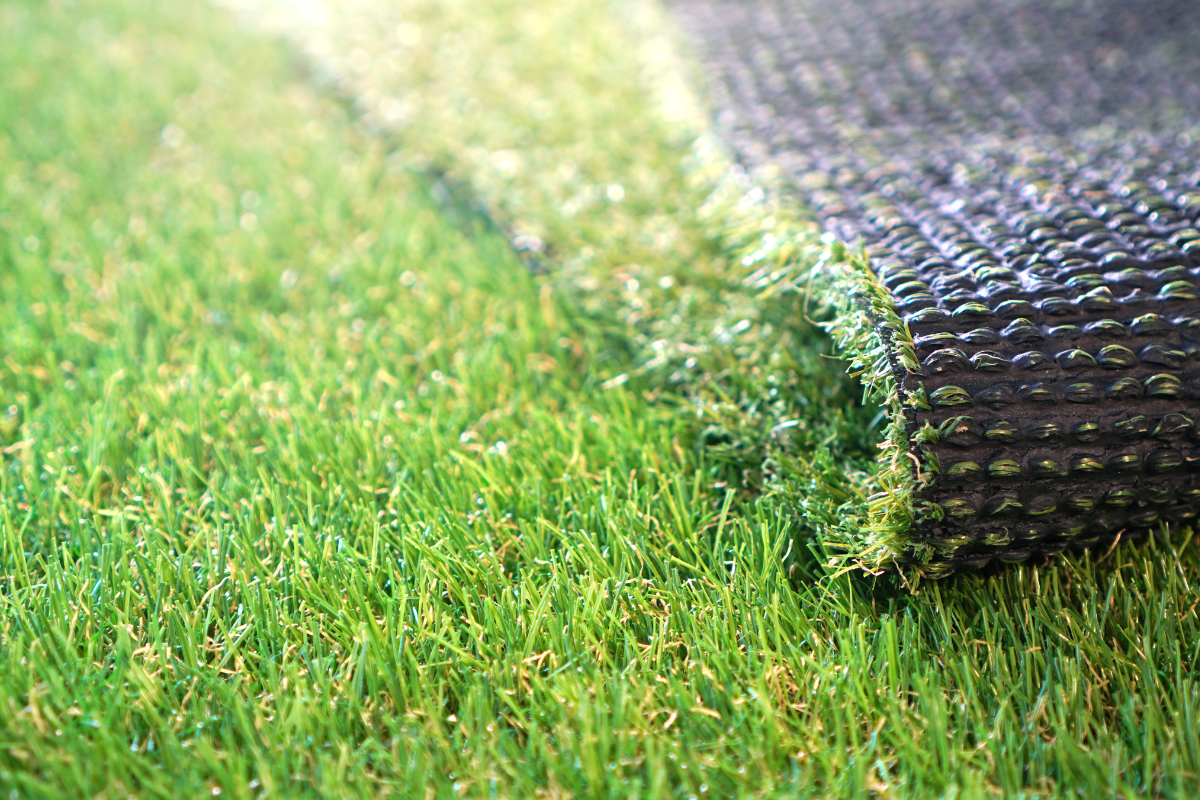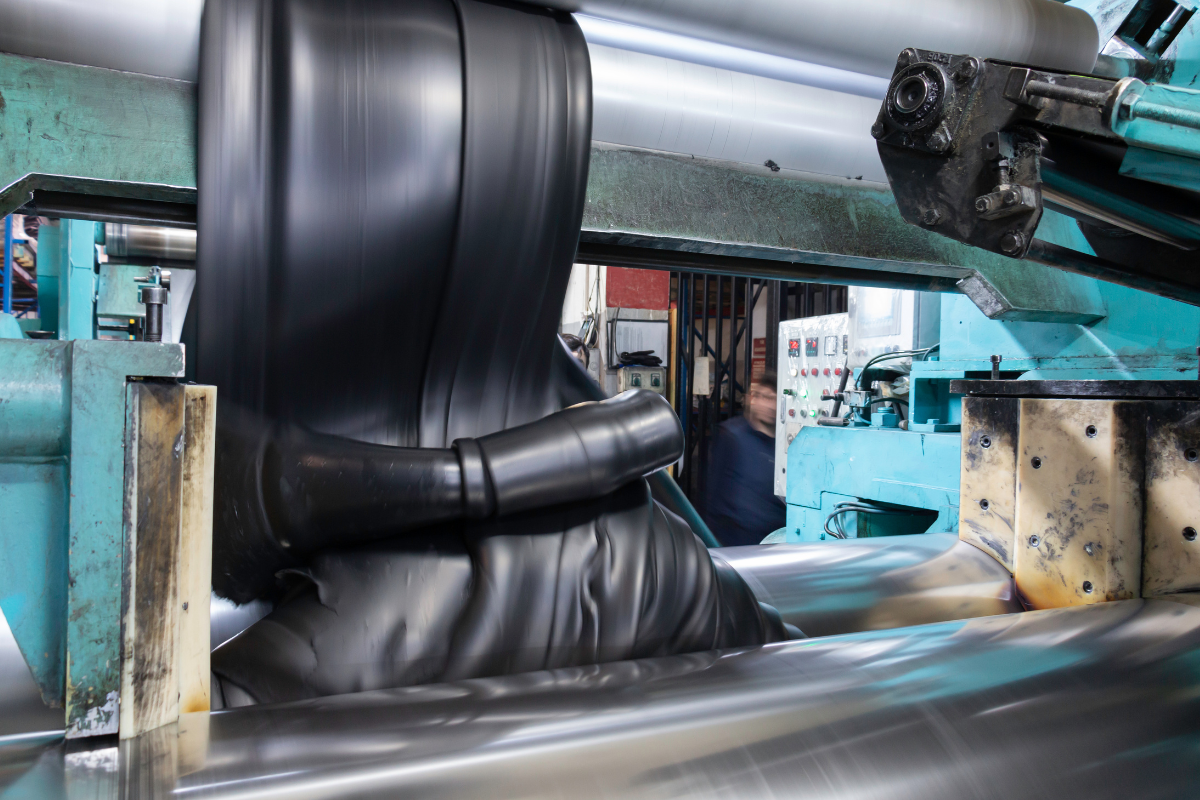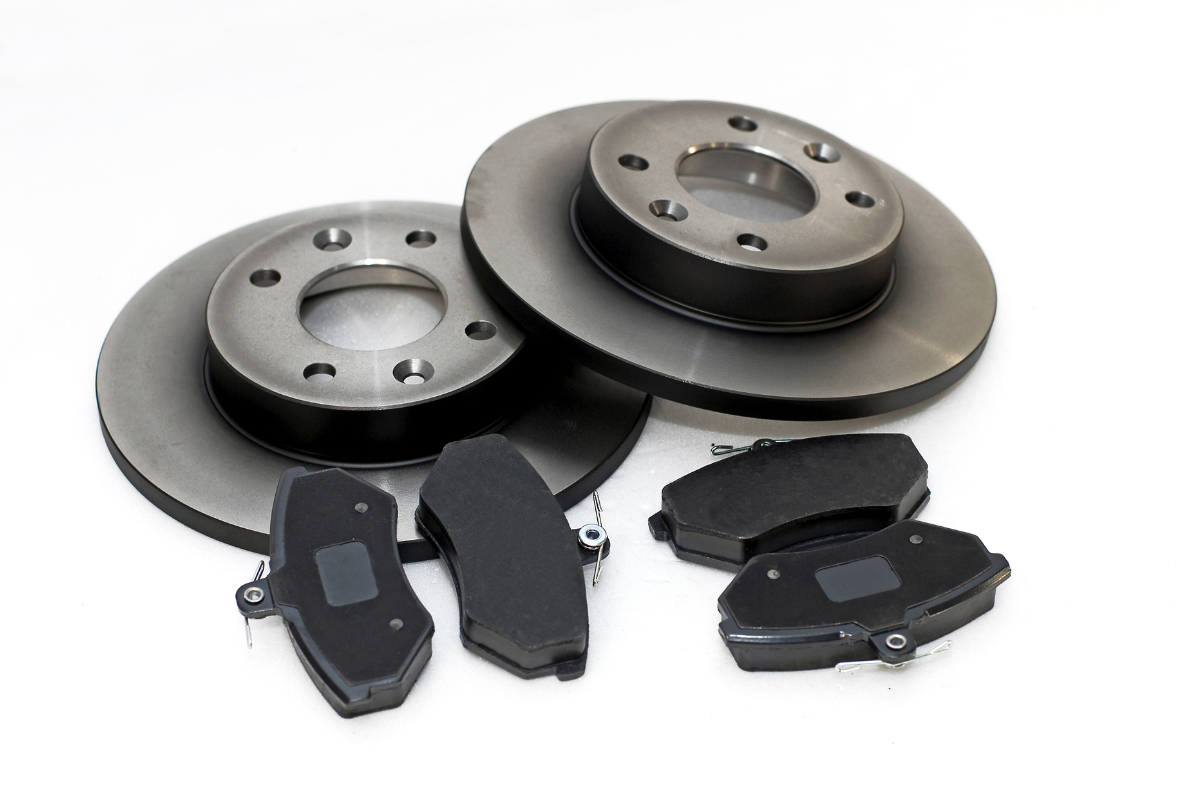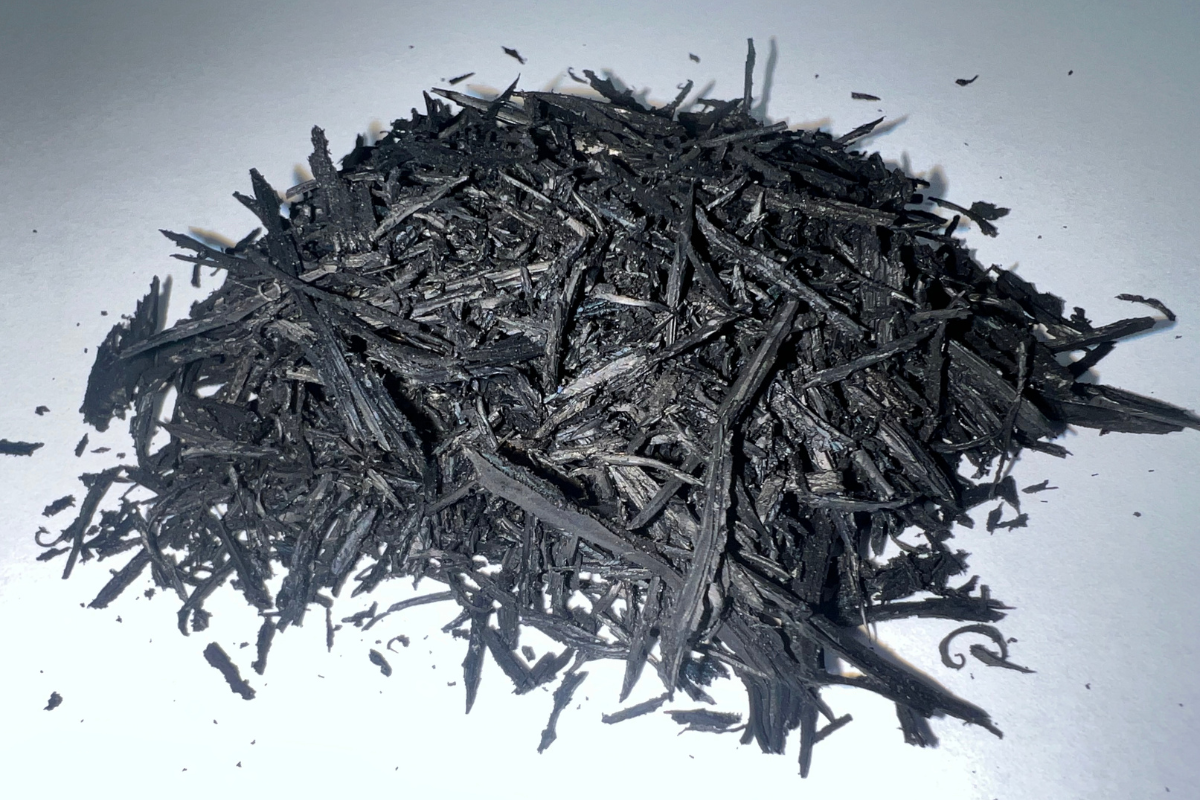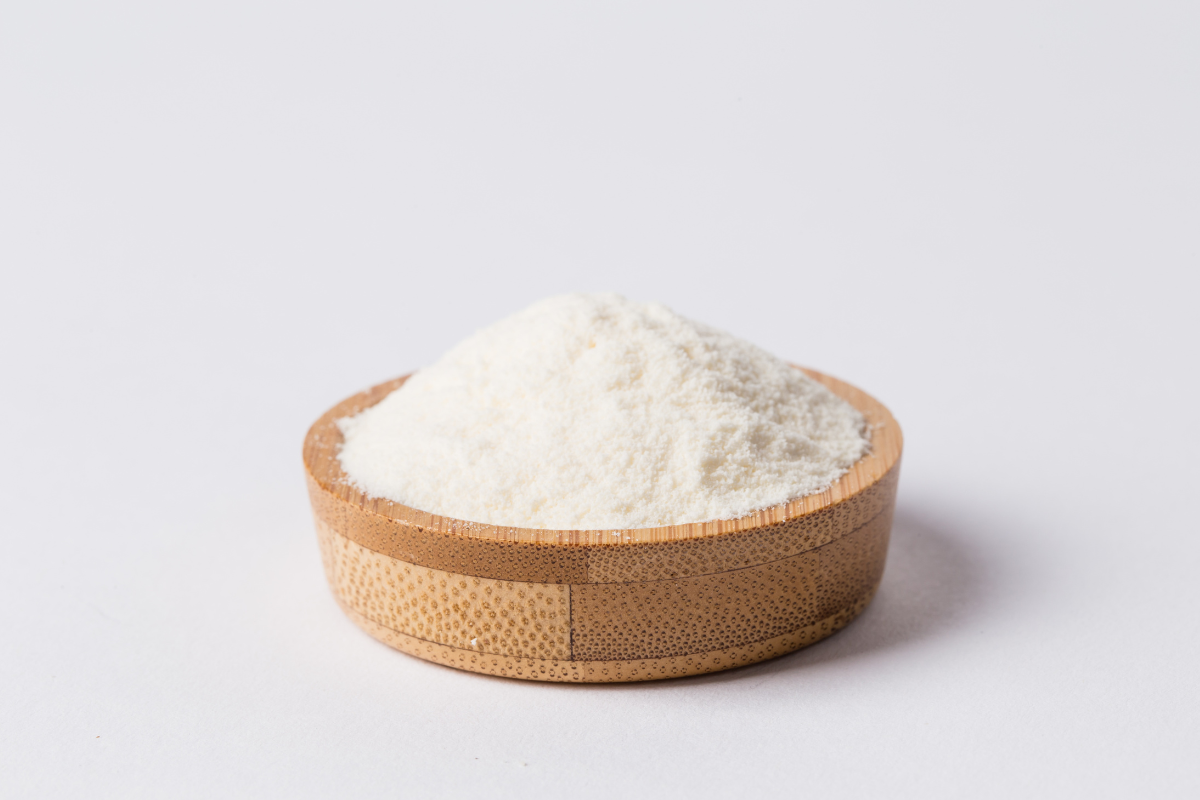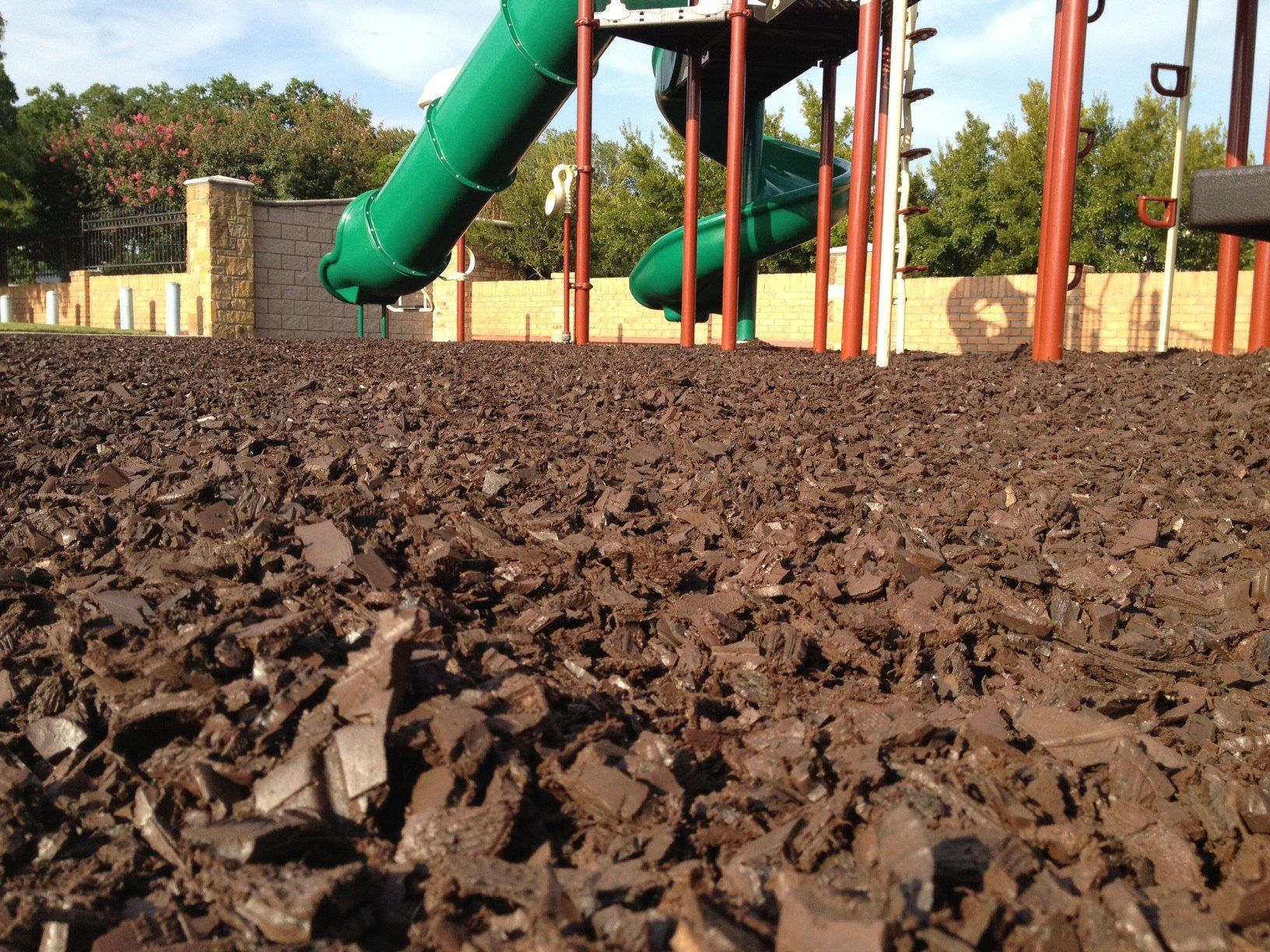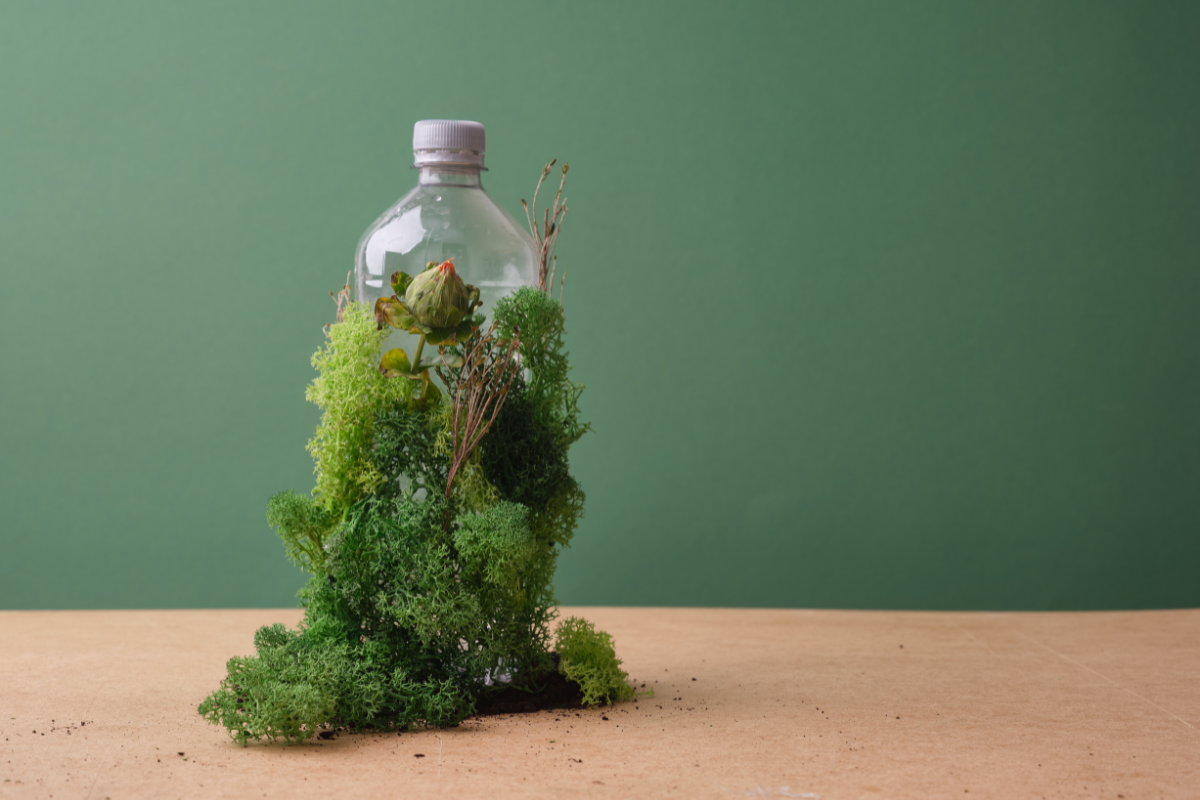Rotomolding (short for rotational molding) is a process used to make hollow plastic parts — like tanks, bins, playground equipment, and coolers. Plastic powder is added to a mold, which is then slowly heated and rotated. The powder melts, coats the inside of the mold, and forms into the final shape.
But not just any plastic can be used in this process. It needs to be ground into a fine, even powder first — and that’s where Midwest Elastomers comes in.
We specialize in grinding plastic resins to the right consistency for rotomolding. Here’s why that step is so important:
1. Better Flow in the Mold
Powdered plastic spreads more evenly in the mold than pellets or chunks. That means smoother surfaces, consistent wall thickness, and fewer defects.
2. More Even Melting
Fine powder melts faster and more evenly. This helps prevent issues like air bubbles, unmelted spots, or uneven finishes.
3. More Control Over the Process
With consistent powder, it’s easier to control heating, cooling, and cycle times — which helps make parts that come out the same every time.
4. Fits Standard Rotomolding Equipment
Most rotomolding machines are designed to use powder, not pellets. Grinding ensures your material is compatible and ready to go.
5. Even Additive Mixing
Need color, UV resistance, or other additives? Ground plastic mixes better, which gives you a more uniform final product.
6. Supports Recycling
We can grind scrap or post-consumer plastic so it can be reused — reducing waste and helping you meet sustainability goals.
Grinding isn’t just an extra step — it’s a key part of making sure your rotomolded parts turn out right. It improves quality, consistency, and efficiency.
Whether you're designing a new recreational space or upgrading an outdated surface, our team is here to help you choose a solution that delivers both safety and value.
Need help preparing your material?
Fill out the contact us form. We’re here to help.
Contact Us
MEI Blog

